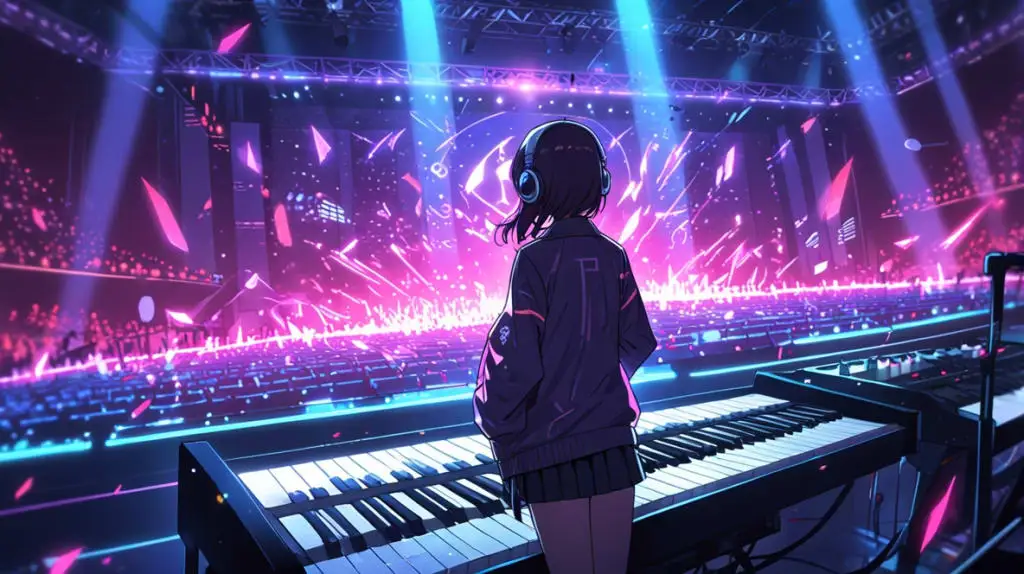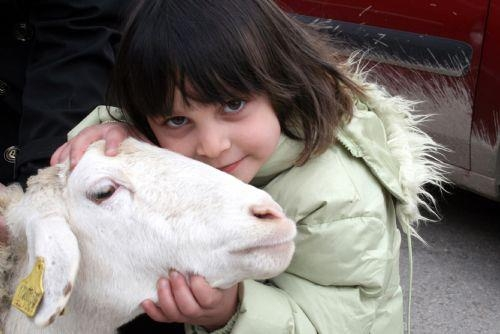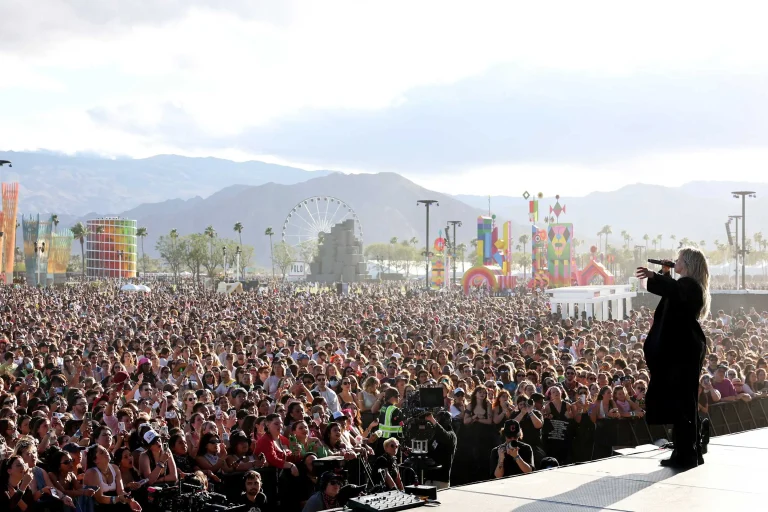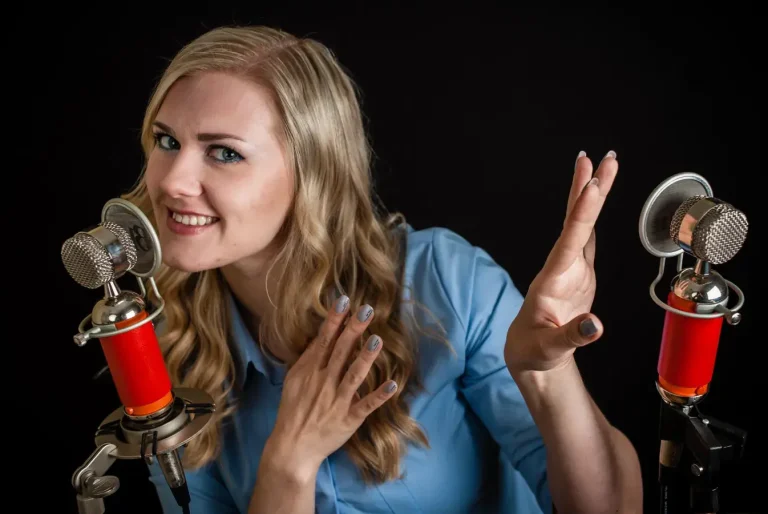A New Era of Music
Music has always been shaped by technology. From radios to music apps, the way we listen and create music keeps changing. In 2025, a new revolution is happening—AI-driven music and virtual concerts are becoming a huge part of the entertainment world.
Today, artificial intelligence is helping people make music faster, perform live without being on stage, and even create virtual singers. This is not science fiction. It’s already happening—and it’s changing the way we enjoy music.
What Is AI-Driven Music?
AI-driven music means using artificial intelligence (AI) to help create, perform, or improve music. AI can:
- Write song lyrics
- Compose melodies and beats
- Imitate real voices
- Mix and master songs
- Suggest music ideas to human artists
Apps like Soundful, Amper Music, and Boomy let anyone create music—even if they don’t know how to play instruments!
Big stars like Grimes, David Guetta, and Björk are also using AI tools to create new sounds.
What Are Virtual Concerts?
A virtual concert is an online music show that people watch through their screens, phones, or VR headsets. Sometimes, the artist is not physically performing—it could be a virtual avatar, a 3D character, or even a hologram powered by AI.
Platforms like:
- Fortnite
- Roblox
- YouTube Live
- VRChat
- Meta Horizon Worlds
have hosted virtual concerts for millions of fans. It’s like watching a concert from home, but with lights, effects, and even games.
AI Singers and Virtual Idols
Some of the biggest stars online today are not real people.
Examples:
- Hatsune Miku – a famous Japanese virtual idol
- FN Meka – an AI rapper
- K/DA – a virtual K-pop group by Riot Games
- Yameii Online – a TikTok virtual singer
These AI or virtual singers can release songs, post on social media, and perform live—without ever getting tired!
Fans love them because they can perform anytime, look cool, and often represent new futuristic styles.
Benefits of AI in Music and Concerts
Here are some positive things about using AI and virtual concerts:
1. More Creativity
AI can help songwriters come up with fresh lyrics and sounds. It gives artists new tools to explore and invent.
2. Easier for Beginners
Even if someone has never made music before, AI tools let them create songs in minutes.
3. Affordable Shows
Virtual concerts are cheaper to produce and attend. No need for expensive venues or travel!
4. Global Access
Fans around the world can watch virtual concerts from anywhere, making music more inclusive and reachable.
5. Safe and Flexible
During times like the COVID-19 pandemic, virtual shows kept live music alive while keeping everyone safe.
Challenges and Concerns
While AI and virtual concerts are exciting, they also come with some problems:
1. Job Loss
Some people worry that AI could replace human artists, musicians, or sound engineers.
2. Fake Voices
AI can copy real voices. This might lead to deepfake music, where songs are made to sound like real singers without permission.
3. Lack of Emotion
AI music is fast and smart, but many people say it still lacks the true emotion of a human-made song.
4. Copyright Issues
Who owns an AI-made song? This question is still hard to answer. Laws are still catching up.
Famous Examples of AI & Virtual Shows in 2025
- Björk’s VR Concert Experience: She used AI and virtual reality to let fans enter a dream-like digital concert.
- Travis Scott on Fortnite: Over 27 million people joined his virtual show in the game.
- Grimes’ AI Music Tool: She allows fans to use her voice model to create music and even share profits.
- Coachella 2025: A special stage was fully virtual, showing AI artists performing with real ones.
How Artists Use AI Today
Many musicians now use AI in daily music production. For example:
- To create background beats
- To remove noise and edit recordings
- To test different music styles
- To find out what sounds fans like most (AI-powered data)
This makes music-making faster, cheaper, and more flexible.
The Future of Music and Concerts
In the next few years, we might see:
- AI musicians winning awards
- More interactive virtual concerts where fans choose the songs live
- Mixed reality shows with both real and virtual elements
- AI-generated albums sold on music platforms
Music will become more like a digital playground, where everyone—famous or new—can be part of the stage.







